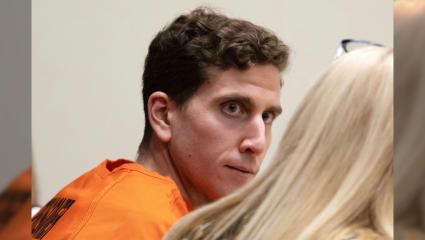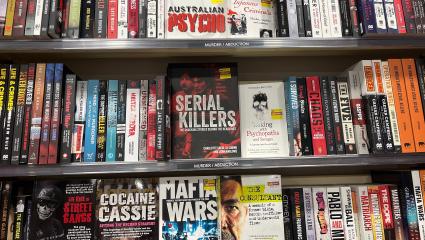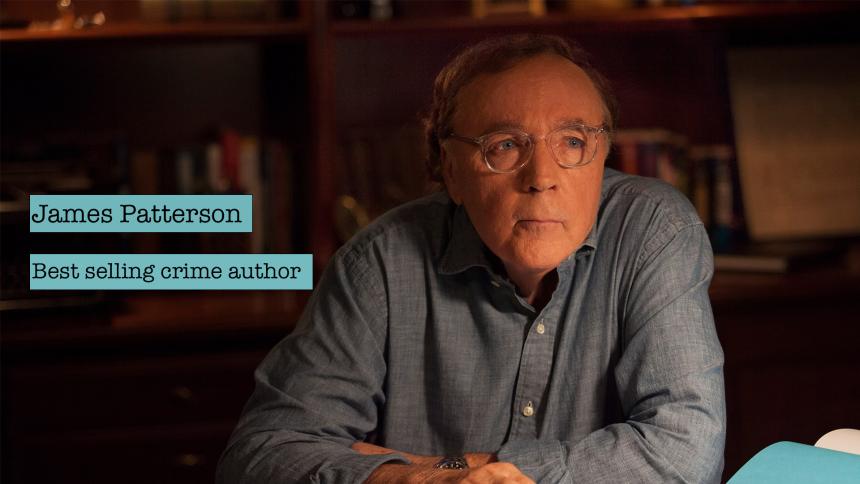
James Patterson: 'Humans are capable of terrible things'
As one of the biggest selling authors of all time, James Patterson has written some of the world’s most popular book series. Alongside his impressive collection of thriller novels, Patterson has also penned several non-fiction books including true crime accounts focusing on some of the most gripping cases.
Two of his most recent efforts look at stories that have kept audiences talking for very different reasons. The Last Days of Marilyn Monroe uncovers the shocking circumstances surrounding the death of America’s most iconic sweethearts, while The Idaho Murders details the horrific crime that not only shocked a quiet college town, but also the world.
Crime+Investigation had the opportunity to speak with James Patterson to learn more about these engrossing titles, how his workflow has evolved across his illustrious career, and what is coming next.
Looking back on your career, what first drew you to crime writing and what keeps you returning to the genre?
I wanted to write books that make you want to keep turning the pages. I think the crime and thriller genre allows you to do that the best, as you can add so many twists and turns that keep readers guessing and wanting to keep reading.
When creating fictional detectives or criminals, how much do you draw from real cases or individuals? Has any particular case influenced you more than others?
It’s impossible to ignore the reality we see in the news, that humans are complex and capable of terrible things, so I definitely draw inspiration from real cases and individuals when creating my fictional characters.
While no single case has influenced me more than others, I find it fascinating to write books inspired by real people and events. For example, I’m currently working on a book about Hitler, focusing on one of his lesser-known crimes, and a detective’s journey to uncover the truth in the 1930s.
Naturally, stories that have gripped the world’s attention will translate into good books as there will always be more that you can uncover.
You’ve written countless crime thrillers filled with drama and tension, but for some of your recent works you’ve had to rely on real people’s truth. How does writing a book built on interviews and facts challenge your instincts as a storyteller?
It's a different writing process as you've got to ground the plot in the facts, but there are plenty of similarities. You're still trying to understand human emotions and motives, just as you would if it was a fictional character. And you're still trying to keep the reader interested and desperate to turn the pages, so the writing has to be just as compelling as if it was fiction.
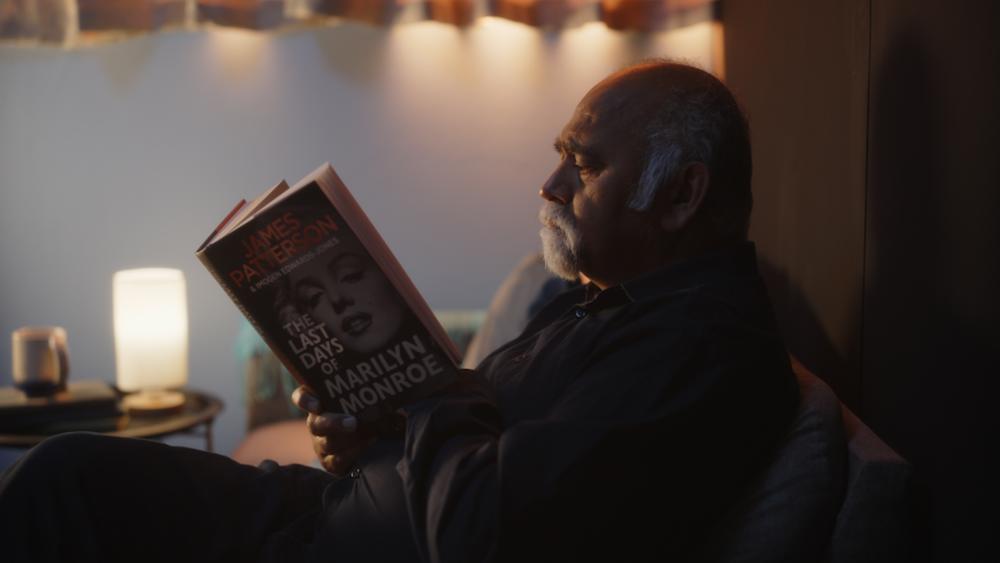
In The Last Days of Marilyn Monroe, you tackle one of the most iconic and mysterious deaths of the last century. What drew you to this case, and what surprised you most during your research?
People are endlessly fascinated with Marilyn Monroe, but there has never been one definitive conclusion about how she died, which is what drew me to this case. The more research my co-author and I did, the more extraordinary the revelations became.
I truly believe that Marilyn was murdered.
Exploring her life and death also enabled us to really dive deep into Hollywood at that time, exploring the lives and influence of all the people who crossed her path – some for better and some for worse. Many of these figures continue to captivate us in popular culture as well.
Your recent book The Idaho Murders explores a deeply tragic and very recent true crime case. What was it about this story that made you want to write about it?
It was such an awful case which really shocked and transfixed the whole nation, and so we wanted to offer some kind of closure to anyone who had been following the story.
How did you approach telling a story that is still fresh and incredibly painful for the people involved?
We obviously wanted to be respectful to the victims, Ethan, Kaylee, Maddie and Xana, and their families, and for it to act as a kind of tribute to them and their lives. We didn't want them to be forgotten, and I think the families appreciated that their story has been told.
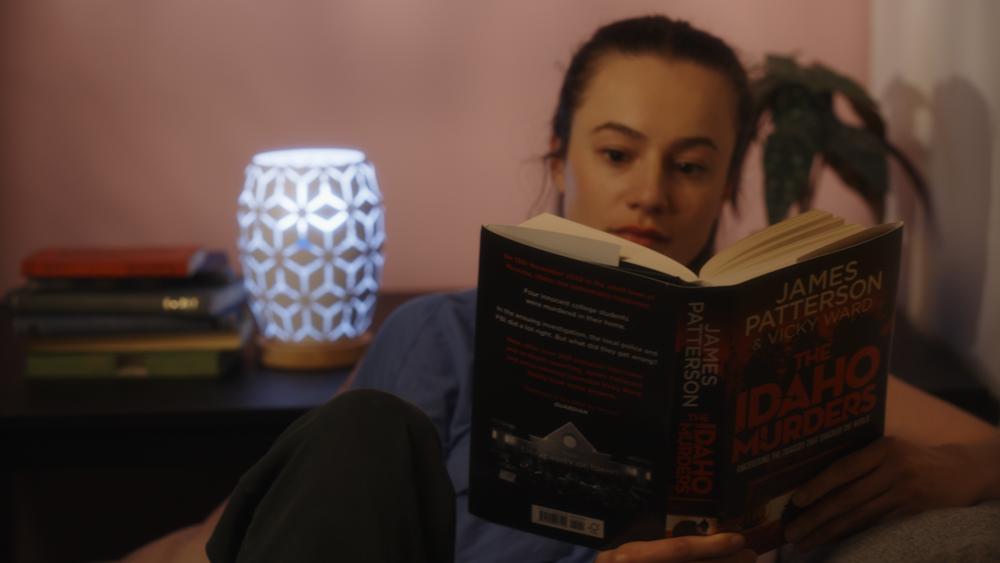
You spoke to those closest to the case, including family members of the victims. What was it like having those conversations, and how did they help shape the narrative?
Yes, we conducted over 300 interviews so we really did a lot of research for this book as we wanted it to be a definitive and thorough account of what happened.
As it became more and more obvious that we wouldn’t receive an answer from the perpetrator, Bryan Kohberger, as to why he committed these terrible crimes, bringing together all of the accounts of the families and those involved in the investigation helped us to create an understanding of why he did what he did.
For example, we believe that Maddie was the target of his attacks, and there’s lots of evidence pointing to that.
Are there any other true crime cases (past or present) that you’re interested in exploring in future work?
I'm actually working with Vicky Ward again - who co-wrote The Idaho Murders with me - on a book about the murder of the UnitedHealthcare CEO Brian Thompson. Like millions around the world, Vicky and I were riveted by coverage of the five-day manhunt from Midtown Manhattan to Altoona, Pennsylvania, in the search for suspect Luigi Mangione.
The Last Days of Marilyn Monroe and The Idaho Murders are available to purchase now.
